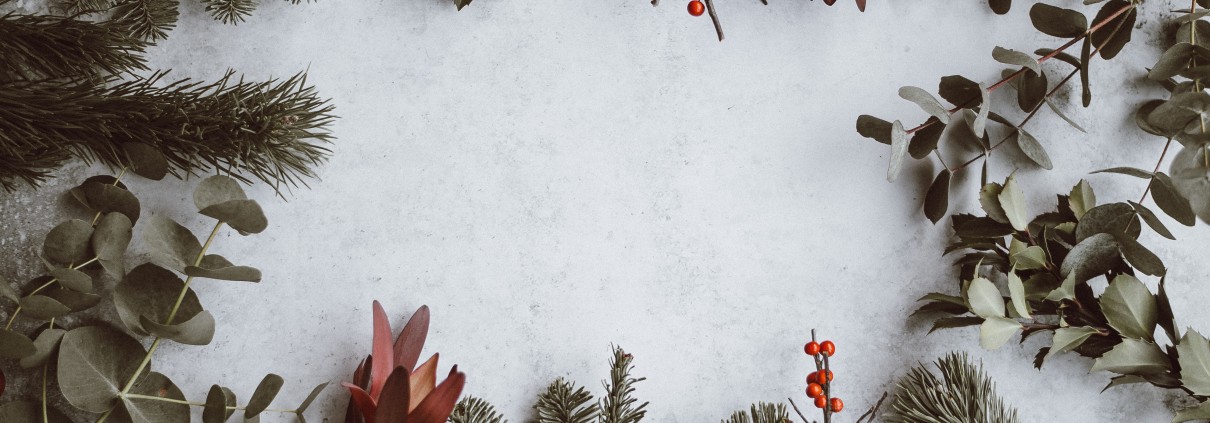Dementia & Keeping Holiday Traditions
Holidays can be times filled with joy for many reasons, one being that we have the opportunity to participate in traditions. These traditions can be unique to our family, social organizations or groups, and community of faith. Traditions are kept for a reason. One of the best reasons to keep a tradition is because it fosters a sense of community, belonging, and connectedness. In this article we’ll discuss how to keep holiday traditions when someone has dementia.
Dementia & Importance Of Keeping Holiday Traditions
Social isolation and loneliness often occur when someone is experiencing brain change. Therefore, it is very important to encourage and help people living with dementia continue to be active and participate in activities and celebrations. Keeping holiday traditions is one way to do this. The staff of Orchard at Brookhaven understands this and have been working diligently to keep holiday traditions going for our residents.
Traditions can be extremely important to helping families living with brain change continue to stay connected and promote a sense of wellbeing within the family unit. The most significant part of a tradition is connectedness.
When thinking about including your loved one in a holiday celebration, consider the following:
- How does the person living with brain change respond to crowds of people?
- Are they sensitive to light and noise?
- Are they able to manage being around a lot of conversation or would they rather be with just one person?
- What is their energy level and when would it be best to engage in an activity?
- What kind of assistance do they respond to and will the people around them be able to engage appropriately?
Holiday Traditions & Cues
What is the tradition or celebration you are considering including your loved one in? What are the visual symbols, sights, and sounds of the tradition? Someone living with brain change will need more visual cues, less verbal communication. Old familiar songs are retained until end of life. Does your tradition have these pieces and therefore opportunities for the person to be involved and connected?
Involving Loved Ones In The Tradition
Are there ways to support your loved one continue to take part in a tradition? Can a person who has prepared food all of their life be involved in the preparation even if it is in mixing up a bowl of cookies that we may never eat or to tell us if the food smells good? Can the person hold onto the star and tell you if you have placed it properly on top of the tree? Can they hold and hand you the candles as you light the menorah?
Making Adjustments To Holiday Traditions
Traditions, time honored ways of connecting to what is important in our life, and ways in which we keep families and communities together, can be used to fill our days with meaning and find moments of joy when we keep in mind what is most valuable about life.
Take a few moments and think about the traditions that you have in the holiday seasons ahead and plan for adjustments that will make your tradition be special. Remember that we have the healthy brains and are the ones that will be able to make the adjustments and changes that will help the person living with brain change continue to be connected to the traditions and people that they love.
Questions to think about ahead of time as you prepare for a holiday season with brain change:
- Who is the person living with brain change?
- What kind of brain change is present? Abilities, needs such as different ways of communicating, assistance needed and ways to be engaged.
- What is happening with health and wellness?
- Are there new physical challenges that will need some adjustments like time of day, energy level, medication interaction, and/or side effects that may change someone’s ability to be part of the tradition?
- Who has been involved and what was their participation?
- Does any of this require adjustments and what would those adjustments look like?
- Can the person living with dementia participate in the same way or do they require the just right assistance so that they still feel valued and important?
- Is the environment friendly, familiar, functional, and forgiving?
- What are the sights, sounds, smells, and feel of the environment, and will they be overwhelming to the person living with brain change or can you modify them to help make the experience positive?
Our relationships and connectedness to who and what holds value and meaning can remain a source of joy when we take into account what we know about our past, when we make accommodations for and celebrate our present, and when we acknowledge and adjust for our future.
Orchard at Brookhaven understands the importance of traditions, and we are here to support you and your family during the holiday season. Please contact us to learn more.



